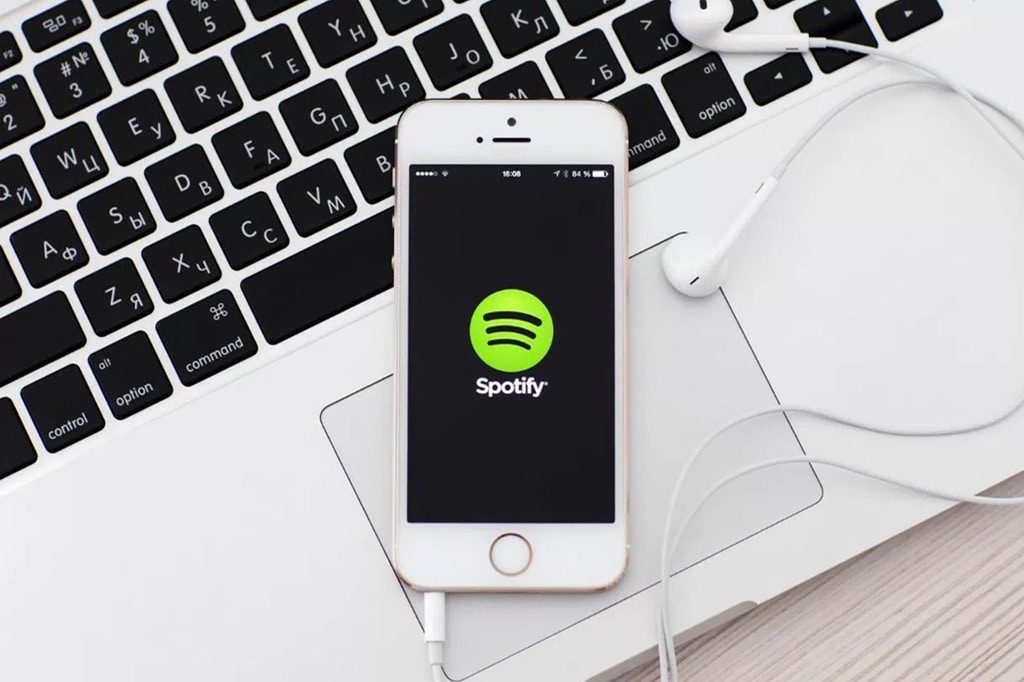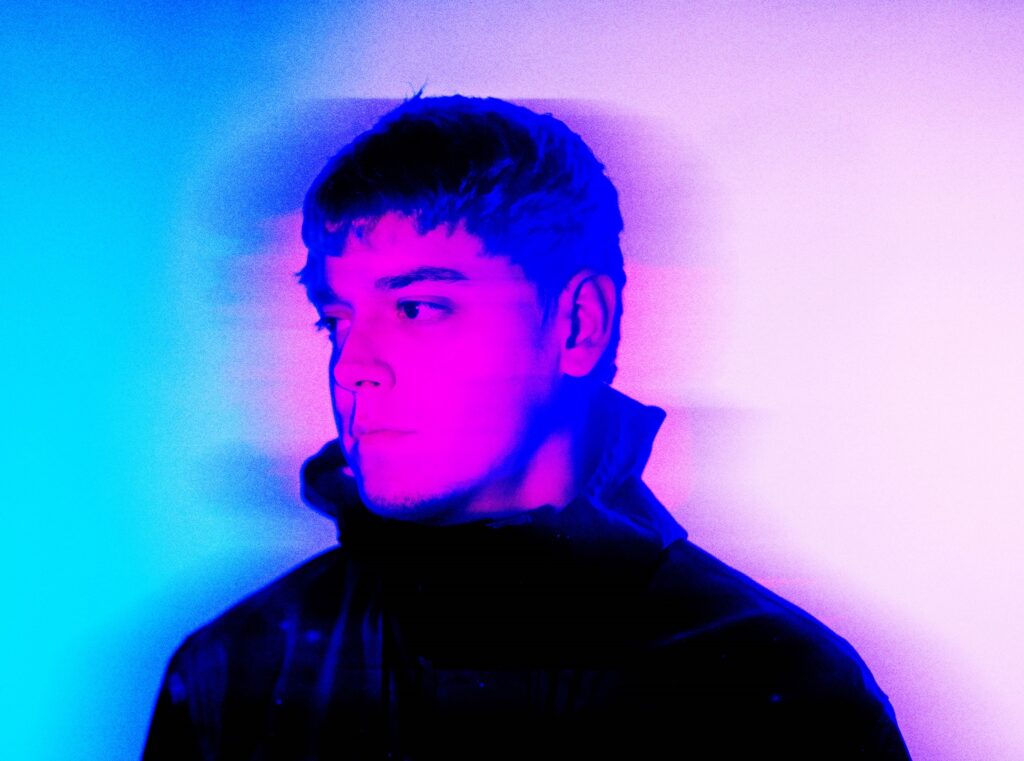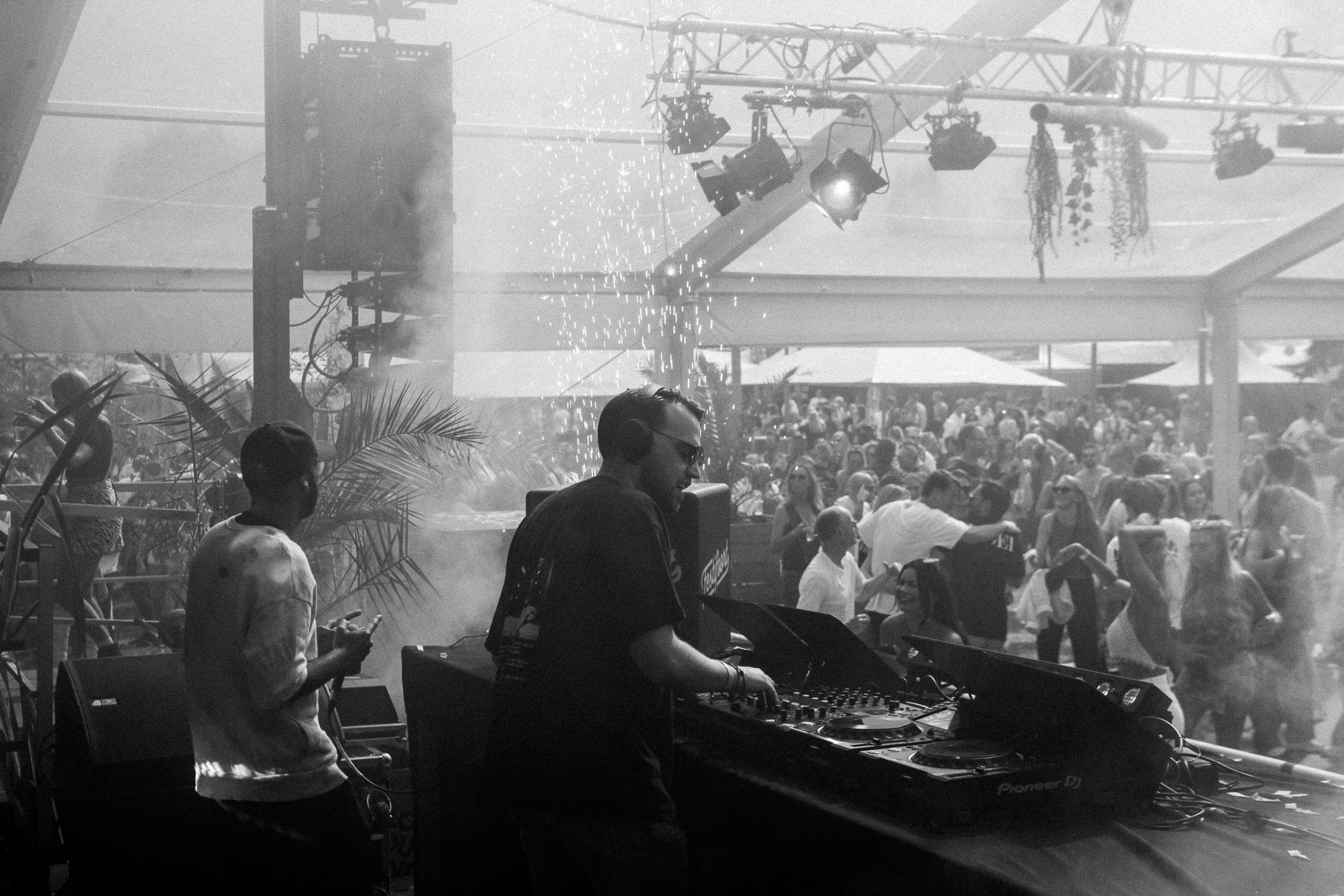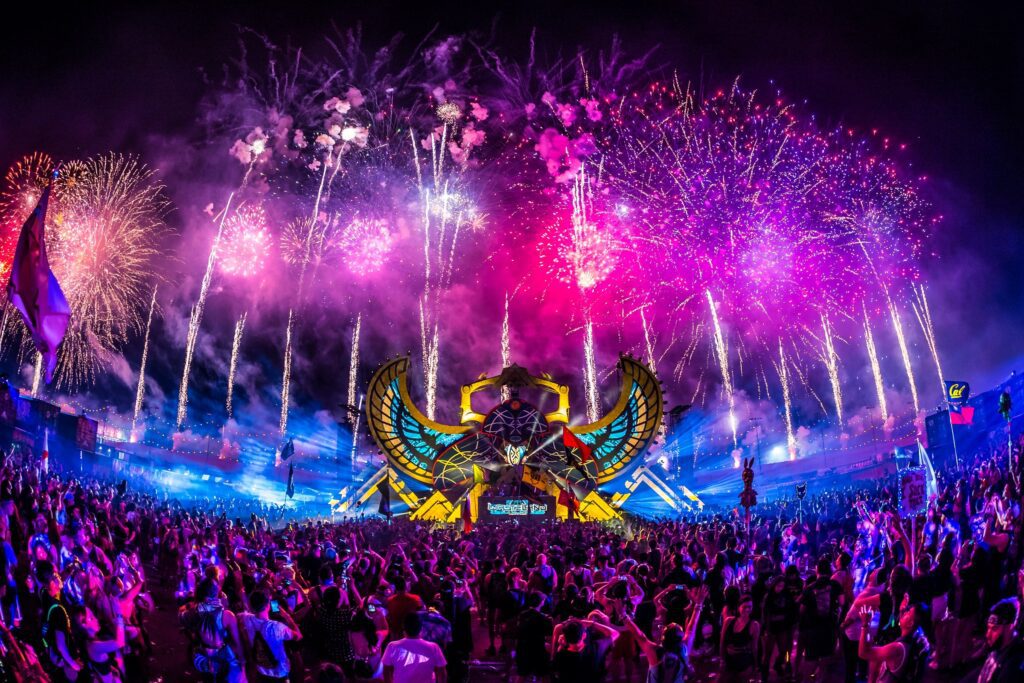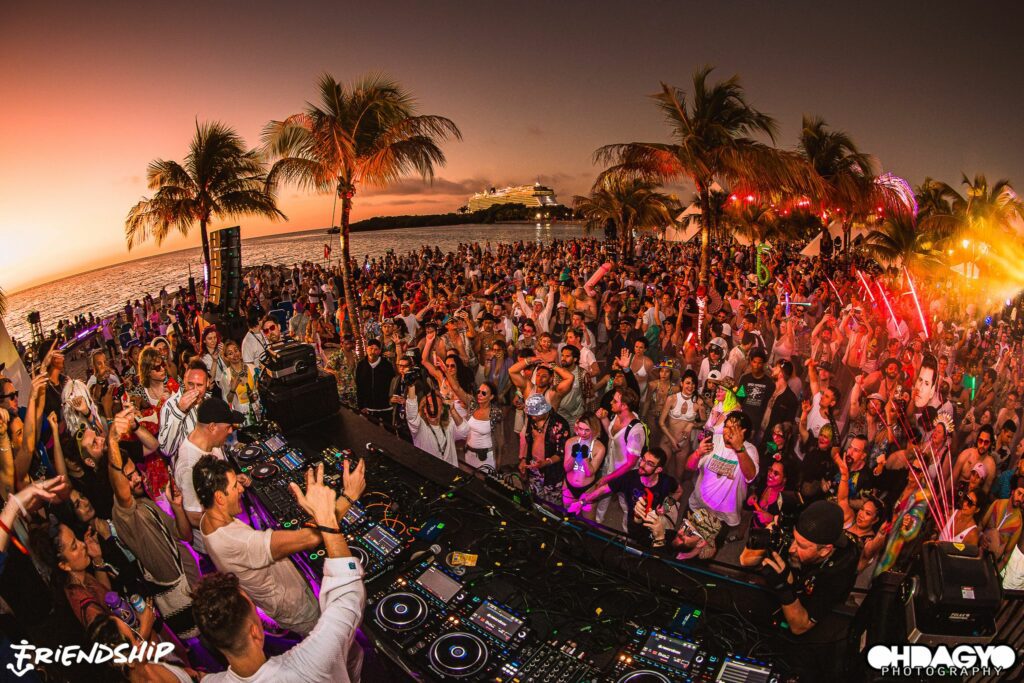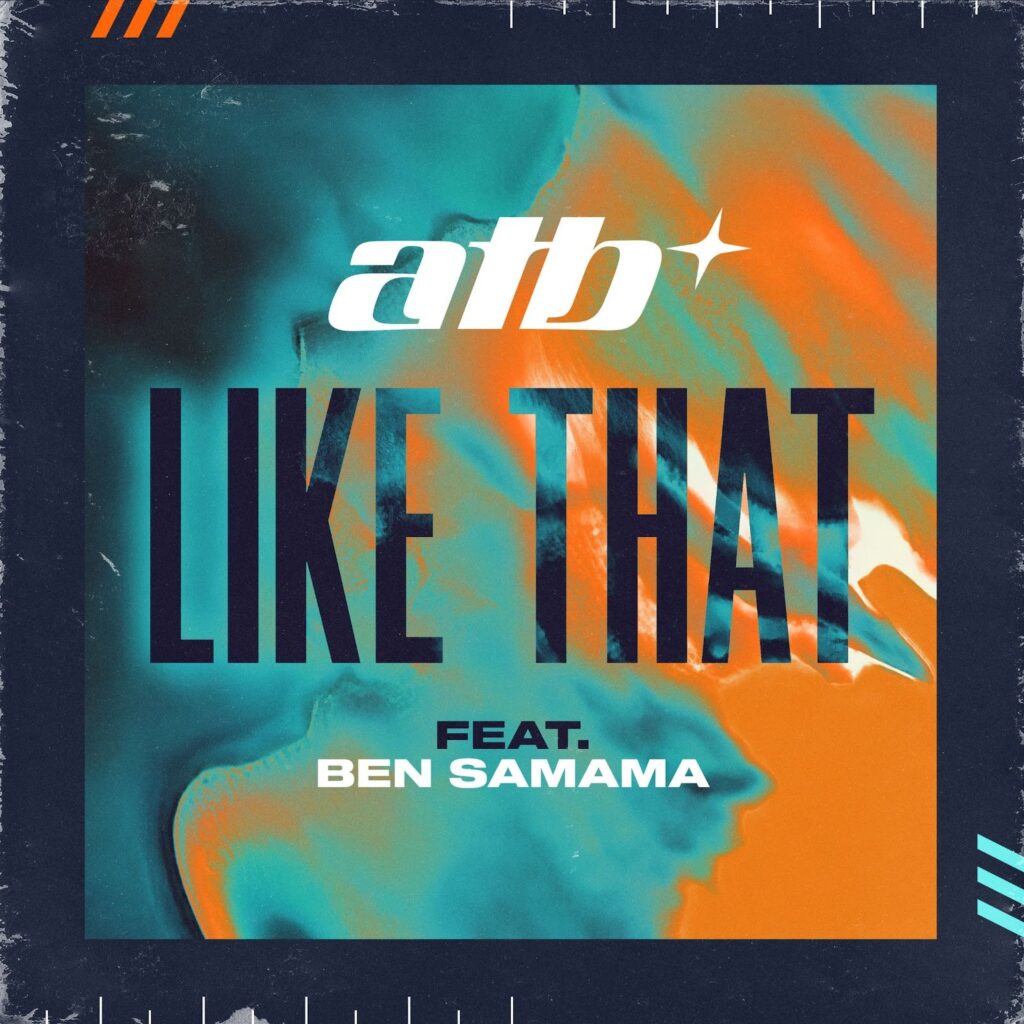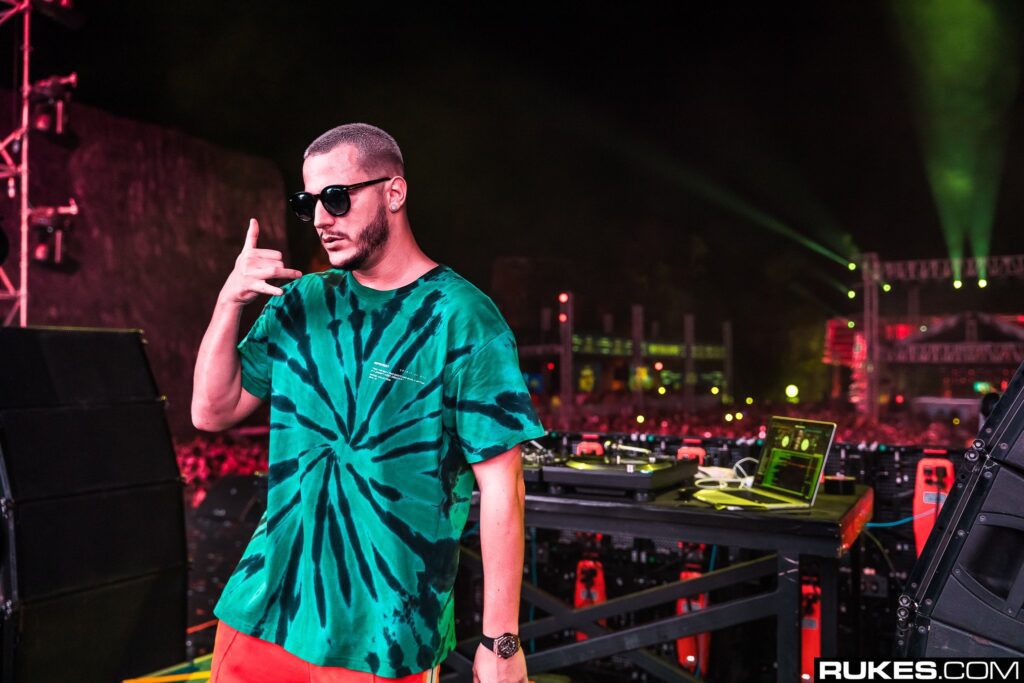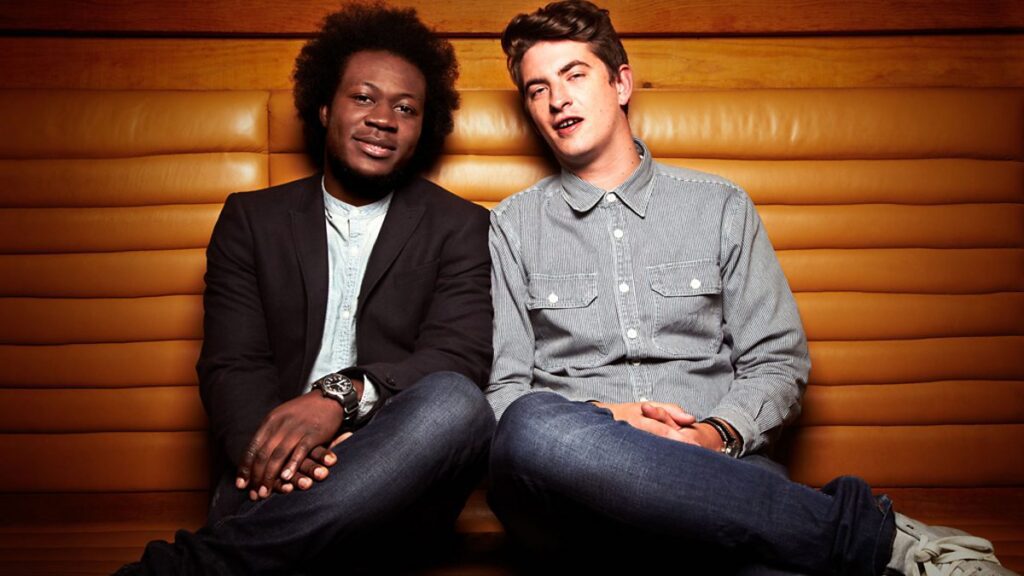Spotify is being probed by Congress due to ongoing concerns over the platform’s Discovery Mode feature.
Spotify’s Discovery Mode was announced last November as a pilot program for artists to opt in to get paid out partly in exposure. For a fee, Spotify agrees to push music into various personalized playlists, which could arguably be a beneficial tool for lesser known artists — as long as they’re protected.
In Spotify’s words, “Labels or rights holders agree to be paid a promotional recording royalty rate for streams in personalized listening sessions where we provided this service.” However, the success of any given track is still up to the listeners and overall streams.
The Discovery Mode feature is being scrutinized for various reasons. Most glaringly, because the platform pays out such a low amount in royalties to artists per stream as it is. Additionally, an op-ed from Rolling Stone citing the Artist Rights Alliance calls it out as a “money grab” and a form of “payola.” Our particular concerns with the feature are outlined here.
Onto Congress getting involved. A letter sent by Representative Jerrold Nadler (chairman of the House Judiciary Committee) and Representative Hank Johnson Jr. (chairman of the Subcommittee on Courts, Intellectual Property, and the Internet), addressed to Spotify CEO Daniel Ek, states concerns over Discovery Mode — a potential “race to the bottom” as artists attempt to “break through an extremely crowded and competitive music environment.”
Nadler and Johnson write, “At a time when the global pandemic has devastated incomes for musicians and other performers, without a clear path back to pre-pandemic levels, any plan that could ultimately lead to further cut pay for working artists and ultimately potentially less consumer choice raises significant policy issues.”
Congress is asking for Spotify to expand on the pilot program in great detail, including if and when the feature will become permanent, how the platform is preventing a “race to the bottom” scenario, how the “promotional royalty rate” is being calculated, how the measure of impact is recorded, and whether or not artists will be able to recover lost royalties if the program doesn’t yield increased streams.
Spotify’s response is expected by June 16.
Read the letter in full here.
Sources: The Hollywood Reporter, Pitchfork, Rolling Stone


